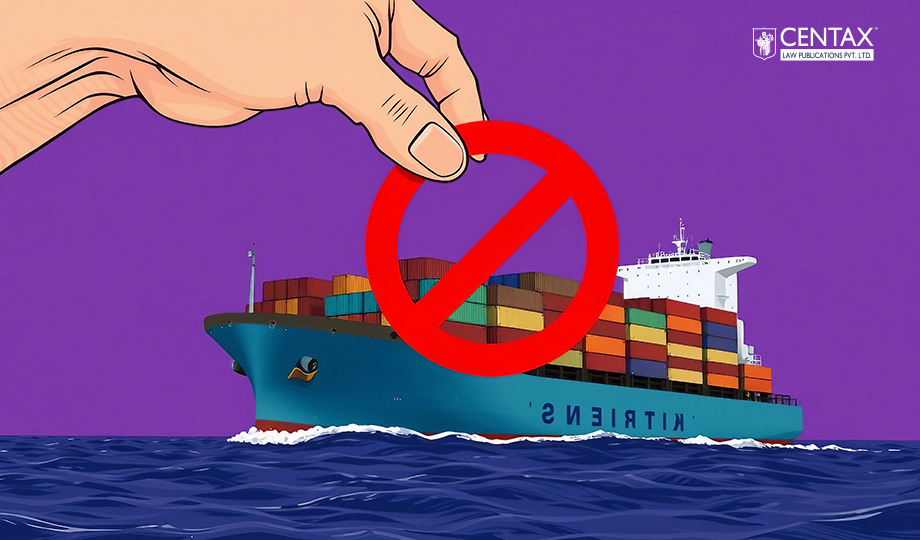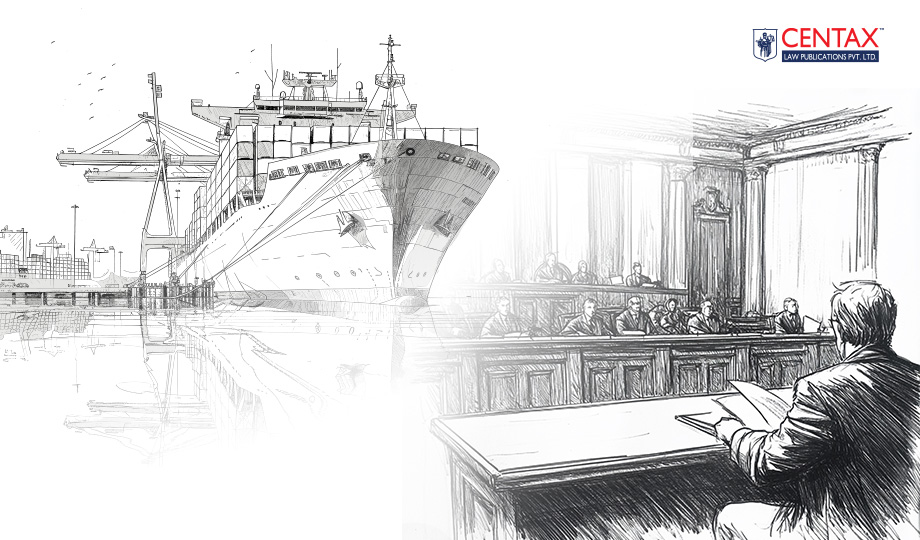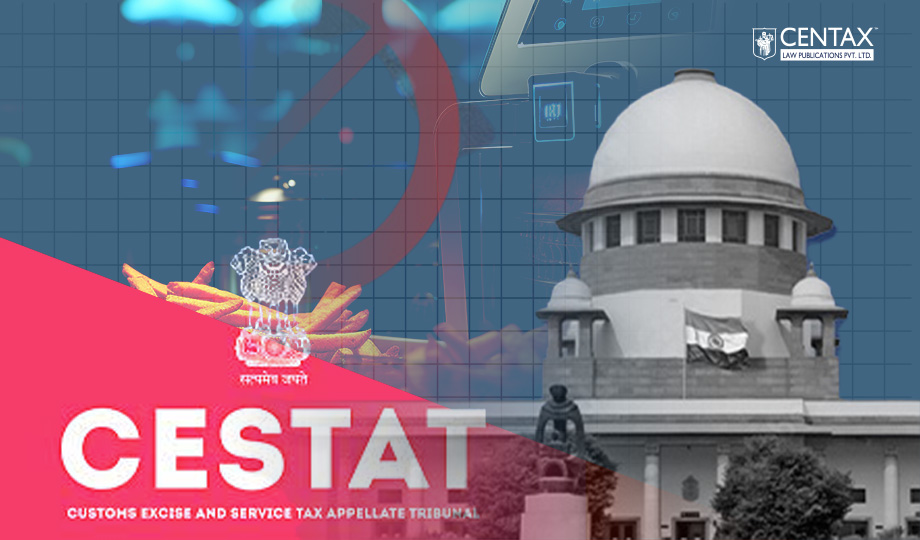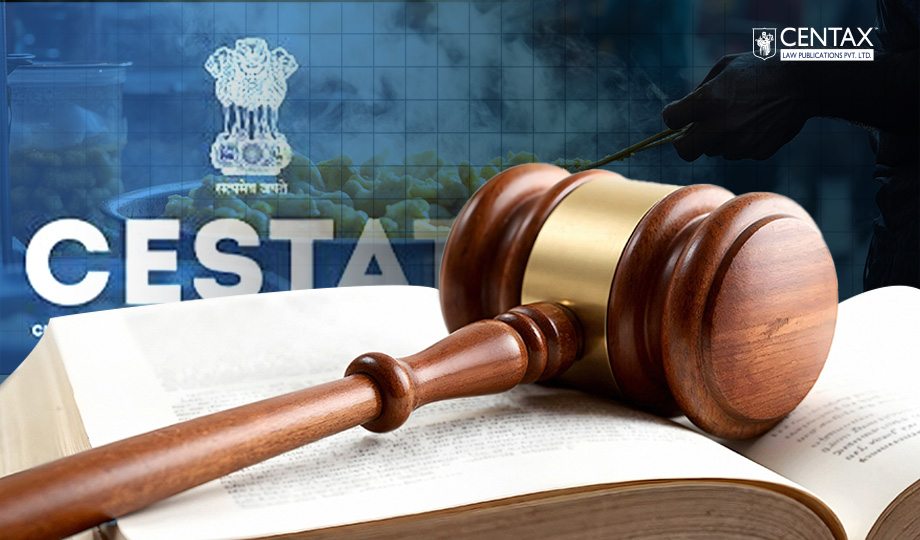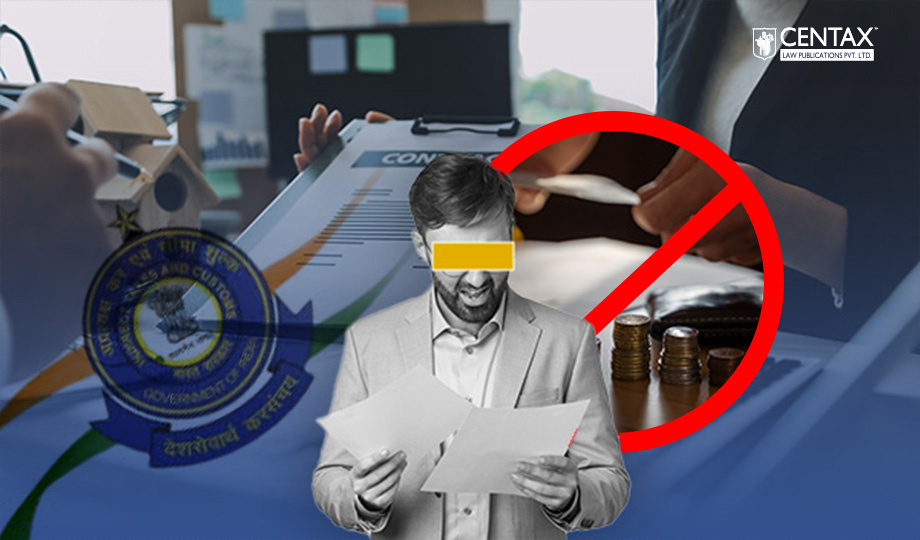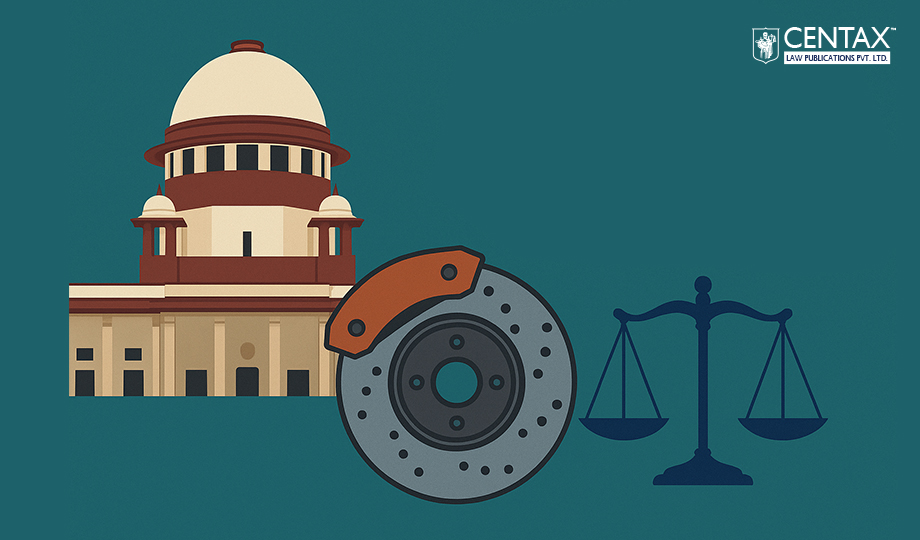
Case Details: K.B. Autosys India Pvt. Ltd Versus Commissioner of Customs (2025) 29 Centax 402 (S.C.)
Judiciary and Counsel Details
- Abhay S. Oka & Augustine George Masih, JJ.
- Dr. S. Muralidhar, Sr. Adv. S/Shri Hari Radhakrishnan, Ms Saakshi Singh Rawat, Advs. & Sudarshan Singh Rawat, AOR, for the Appellant.
Facts of the Case
The appellant, an importer of mixtures in powder form, consisting of various organic/inorganic materials and metal fibres (including aramid fibre, barium sulphate, cashew particles, graphite, magnesium oxide, iron oxide, mica, tin, zirconium silicate, chromium, copper, iron, butyl rubber, nitrile rubber, phenolic resin, etc.), imported these goods for the manufacture of brake pads for automobiles. Upon importation, the appellant declared the goods as ‘binding material, parts for brake, disc brake pads, tool for mould’ for the purpose of manufacturing brake pads. The appellant classified the goods under Customs Tariff Heading (CTH) 3824 90 90/3824 79 00, which covers miscellaneous chemical products, and claimed exemption from Basic Customs Duty (BCD) under Notification Nos. 152/2009-Customs, dated 31-12-2009 and 50/2017-Customs, dated 30-06-2017. However, the Customs Department contended that the imported goods should be classified under CTH 6813 89 00, which covers friction materials not containing asbestos. The Department argued that the goods, as per the Safety Data Sheets, lab tests, and the declared use for brake pad manufacturing, had the essential characteristics of friction materials. The issue of classification was referred to the CESTAT, where the appellant’s contention of classification under 3824 90 90/3824 79 00 as miscellaneous chemicals was opposed by the Revenue’s stance. The CESTAT examined the matter by applying Rules 2(a), 3(a), and 3(b) of the General Rules for Interpretation of the First Schedule (Import Tariff) to the Customs Tariff Act, 1975, and concluded that the imported goods were more accurately classified under CTH 6813 89 00 as friction materials, based on the essential characteristic test and functional use. Consequently, the CESTAT held that the appellant was not entitled to benefit from the BCD exemption. The appellant, dissatisfied with the CESTAT’s ruling, appealed to the Hon’ble Supreme Court.
Supreme Court Held
The Hon’ble Supreme Court held that the findings recorded by the CESTAT were legally sound and could not be faulted. The Court concurred with the CESTAT’s classification of the imported goods under Customs Tariff Heading (CTH) 6813 89 00 as friction materials, affirming that they were not eligible for the Basic Customs Duty (BCD) exemption under the cited Notifications. Consequently, the Supreme Court dismissed the appeal filed against the impugned CESTAT order.
List of Cases Reviewed
- Commissioner V. K.B. Autosys India Pvt. Ltd. — (2025) 28 Centax 438 (Tri. – Chen.) — Affirmed [Para 2]












